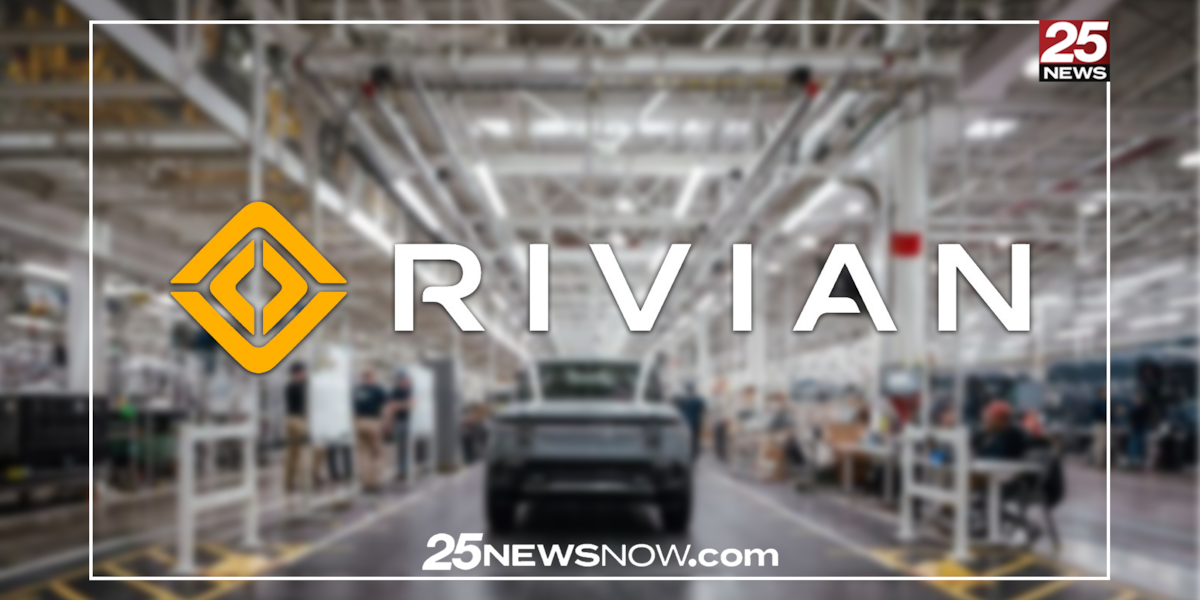Nvidia expands health tech partnerships with Verily, Innovaccer

As Nvidia pushes forward on its ambitions in artificial intelligence, the computing giant is lining up partnerships with tech companies to build out AI infrastructure and capabilities.
During the company’s Global Technology Conference in Washington, D.C., this week, the company announced a collaboration with Palantir Technologies to build a first-of-its-kind integrated technology stack for operational AI, including analytics capabilities, reference workflows, automation features and customizable, specialized AI agents, to “accelerate and optimize complex enterprise and government systems,” the company said.
The company also is working with Oracle and the Department of Energy (DOE) to build the U.S. DOE’s largest AI supercomputer for scientific discovery at Argonne National Laboratory, the company announced. It’s part of an initiative with the DOE to build seven new AI supercomputers to advance the nation’s science, Jensen Huang, founder and CEO of Nvidia, told the conference audience Tuesday.
Among its other efforts, Nvidia, which offers full-stack solutions for data centers and AI, is partnering with Nokia to develop a 6G-ready computing platform and is working with manufacturing and robotics leaders to drive “U.S. reindustrialization” with physical AI. Further, Huang announced a collaboration between Uber and Nvidia to build the backbone for autonomous mobility.
Health tech companies also see big opportunities to tap into Nvidia’s computing power to advance their own AI capabilities. The health tech giant also is pushing deeper into life sciences, inking deals with Eli Lilly to build a new supercomputer the pair says will be the largest owned and operated by a pharmaceutical company, Fierce Biotech reported. J&J MedTech, the medical technology wing of the pharma and life sciences giant, also will tap Nvidia Isaac for Healthcare—its healthcare robotics division—to create new digital twins, which are programs that simulate how new systems may perform in real-world situations, Fierce Medtech reported.
Verily
Verily, part of Alphabet and Google’s life sciences sister company, is collaborating with Nvidia to integrate its AI technology stack into Verily’s Pre platform, a precision health solution used by health system, life science, payer and government customers and partners. Verily will use Nvidia specialized graphics processors to speed up research and analysis and accelerate the development of AI agents and models across research and care.
Verily’s collaboration with Nvidia will dramatically speed up complex tasks such as analyzing patient genomic data and developing enhanced AI models to unlock new insights into disease prediction and proactive health management, executives said.
The company has added Nvidia’s GPU-accelerated libraries and frameworks, including NVIDIA NeMo, NVIDIA Parabricks and NVIDIA CUDA-X Data Science within Workbench, Verily’s research environment. Researchers also now have access to some of the latest GPUs including NVIDIA Blackwell and NVIDIA Hopper. This integration has shown to greatly accelerate analyses, from hours to minutes, using Parabricks and B200 to process genomic data as compared to traditional, CPU-only methods, the company said in a press release.
The collaboration will accelerate analyses within the National Institutes of Health’s (NIH’s) All of Us Researcher Workbench, which will be powered by Pre through Verily’s partnership with Vanderbilt University Medical Center. The All of Us Researcher Workbench hosts one of the world’s largest genomics data sets and supports nearly 20,000 registered researchers globally.
“We are bringing the latest and greatest Nvidia AI stack directly into our platform to enable precision health, and it’s a full stack integration, inclusive of their foundation models like NeMo, Parabricks for genomics and of course, their latest and greatest GPUs as well,” Myoung Cha, chief product officer at Verily, told Fierce Healthcare.
“We believe, with with all the work that we’ve done in close partnership with Nvidia, from an engineering and technical standpoint, that Verily Pre is the most integrated and production-ready platform for healthcare AI,” Cha said. “It sets us up to be the leading platform for healthcare AI at scale.”
Using the Pre platform enhanced with Nvidia’s AI tools, Verily’s researchers have developed the first multimodal foundation model using the NIH All of Us Research Program data set. The model integrates electronic health record and genomics data using polygenic risk scores for a more holistic health profile.
Innovaccer
Innovaccer also announced that it adopted Nvidia’s full-stack AI platform to accelerate speech, text and multimodal reasoning infrastructure, allowing its AI agents to reason across clinical, operational and conversational data faster, more accurately and at production scale, the company said.
The collaboration with Nvidia forms the foundation for Innovaccer’s broader AI strategy, powering its AI agents to automate time-consuming administrative and clinical workflows. Innovaccer plans to focus specifically on audio AI for real-time speech recognition and speaker diarization for its access center copilot and ambient AI experiences as well as optical character recognition for intelligent document understanding and note generation through its InNote product. Further, the health tech company plans to train and optimize proprietary models using Nvidia’s GPU infrastructure.
“Healthcare is entering an era where AI must be able to listen, interpret, and act with precision in order to deliver better outcomes,” said Abhinav Shashank, co-founder and CEO of Innovaccer, in a statement. “Our collaboration with NVIDIA strengthens our ability to build responsible, domain-specific AI, which when combined with our unified healthcare data platform, can drive meaningful improvements in outcomes and efficiencies.”
Diligent Robotics
Austin, Texas-based Diligent Robotics built socially intelligent, AI-native mobile manipulation robots. The company’s first robot assistant, Moxi, operates in more than 25 hospitals across the U.S. to help nurses with routine tasks like delivering medications and lab samples.

(Diligent Robotics)
Founded by social robotics experts Andrea Thomaz and Vivian Chu, Diligent Robotics plans to build Moxi 2.0, its next-generation platform built with AI from the ground up. The launch of Moxi 2.0 builds on three years of proprietary real-world data, collected from more than 1.25 million deliveries in busy hospital environments and representing one of the largest data sets of real-world human-robot interaction, according to the company in a press release.
Powered by Nvidia AI and accelerated computing, Moxi 2.0 will feature 10x the compute of Moxi 1.0 and unlock new capabilities, executives said. Diligent introduces upgraded intelligence and hardware, designed to handle the real-world complexity of crowded, dynamic indoor human environments. “The new system pairs next-generation AI compute with Diligent’s proprietary AI stack, enabling Moxi to reason, predict and adapt for a wider range of capabilities in real-time, including pre-emptively navigating around beds and wheelchairs,” executives said in a press release.
Diligent expects to double its hospital footprint annually and deploy thousands of robots by 2030.
link






